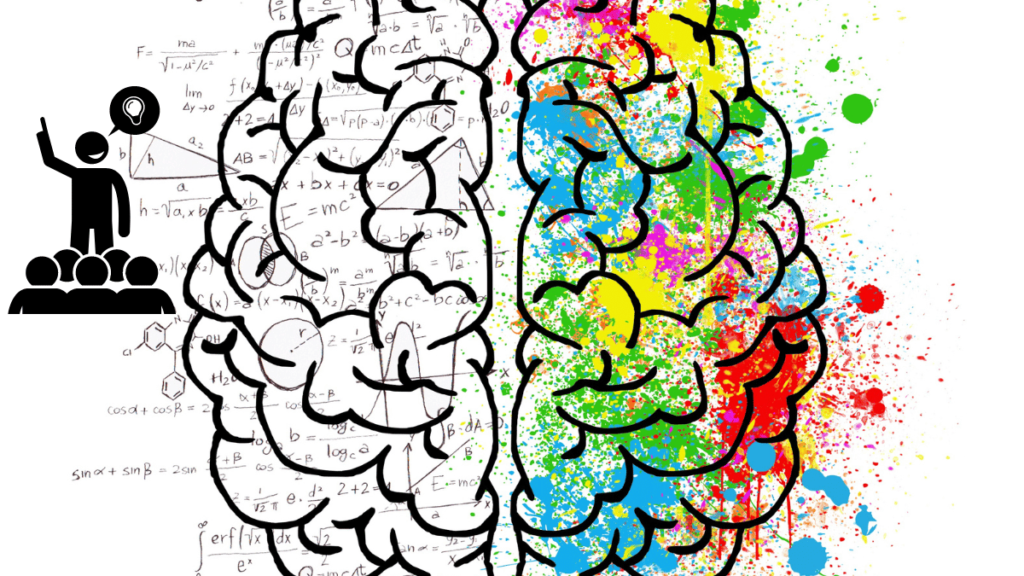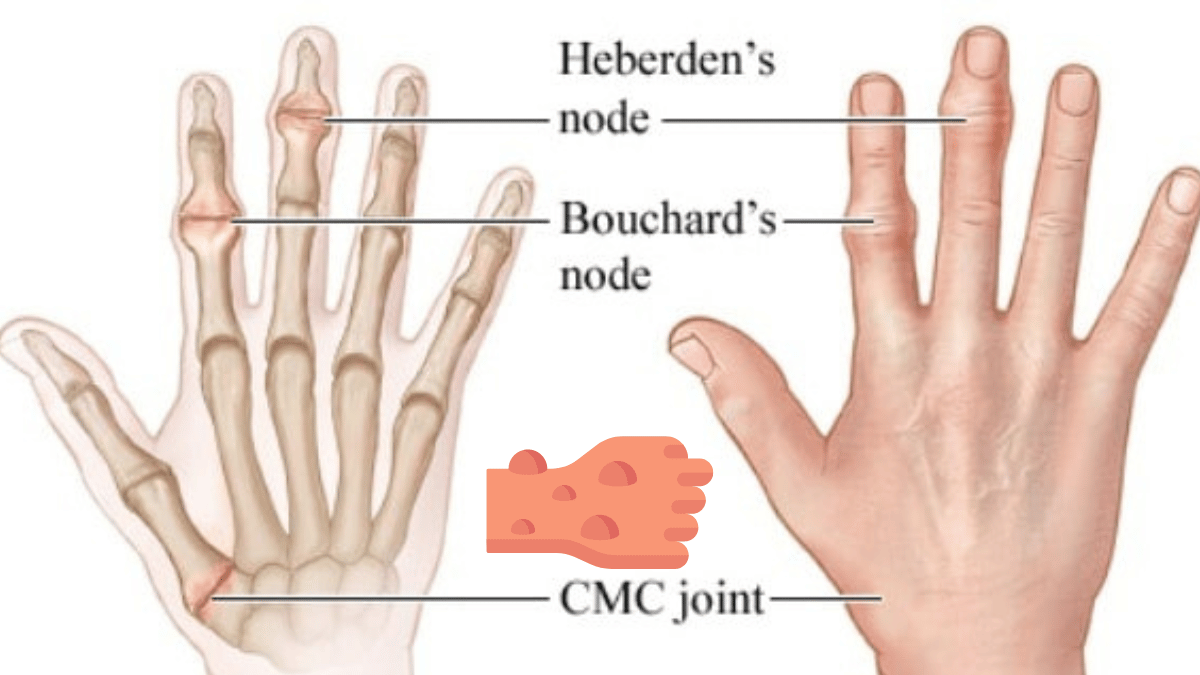What Are Eating Disorders?
Eating disorders are complex mental health conditions characterized by unhealthy eating behaviors and a preoccupation with food, body weight, and shape.
They can lead to severe physical and emotional consequences, impacting a person’s overall health and well-being. These disorders often stem from a combination of genetic, environmental, and psychological factors.
Common Types of Eating Disorders
Anorexia Nervosa
Anorexia nervosa is marked by an intense fear of gaining weight and a distorted body image, leading individuals to severely restrict their food intake. This can result in significant weight loss and malnutrition. People with anorexia may also engage in excessive exercise and exhibit a relentless pursuit of thinness.
Bulimia Nervosa
Bulimia nervosa involves cycles of binge eating followed by compensatory behaviors, such as vomiting, excessive exercise, or the misuse of laxatives. Individuals may feel a lack of control during binge episodes and often experience guilt or shame afterward. This disorder can have serious health consequences, including electrolyte imbalances and gastrointestinal issues.
Binge Eating Disorder
Binge eating disorder is characterized by recurrent episodes of eating large quantities of food, often to the point of discomfort. Unlike bulimia, individuals with this disorder do not engage in compensatory behaviors. This can lead to feelings of distress, and many people with binge eating disorder struggle with weight management and associated health problems.
Other Specified Feeding or Eating Disorders (OSFED)
OSFED encompasses a range of eating disorders that do not meet the full criteria for the other specific categories. This includes conditions such as atypical anorexia (where individuals maintain a normal weight), purging disorder (purging without binge eating), and night eating syndrome.
OSFED can be just as debilitating and requires appropriate treatment.
Eating disorders can affect anyone, regardless of age, gender, or background, and it’s essential to seek help from healthcare professionals for diagnosis and treatment.
Causes of Eating Disorders
Genetic Factors
Genetic predisposition plays a significant role in the development of eating disorders. Research indicates that individuals with a family history of eating disorders or related mental health conditions are at a higher risk.
Specific genes may influence personality traits such as perfectionism and impulsivity, which can contribute to disordered eating behaviors.
Psychological Influences
Psychological factors are critical in the onset and maintenance of eating disorders. Conditions such as anxiety, depression, and low self-esteem can drive individuals to adopt unhealthy eating patterns as a coping mechanism.
Additionally, personality traits like perfectionism and obsessive-compulsive tendencies are often seen in those struggling with these disorders.

Societal and Cultural Pressures
Societal and cultural norms significantly impact body image and self-worth, contributing to the prevalence of eating disorders.
Media portrayals of idealized body types and the glorification of thinness can create unrealistic standards, leading individuals to engage in harmful behaviors in pursuit of these ideals. Peer pressure and societal expectations regarding appearance further exacerbate these issues.
Environmental Factors
The environment plays a crucial role in the development of eating disorders. Factors such as family dynamics, childhood trauma, and stressful life events can contribute to disordered eating.
Environments that prioritize weight and appearance, such as certain sports, can also increase vulnerability to these disorders. Access to healthy food options and education about nutrition can either mitigate or exacerbate these issues, depending on the context.
Signs and Symptoms of Eating Disorders
Behavioral Symptoms
Behavioral signs of eating disorders can be quite noticeable. Individuals may undergo significant changes in their eating habits, such as skipping meals, drastically reducing their food intake, or engaging in binge eating episodes.
It’s common for those affected to develop rituals around food, which may include cutting food into tiny pieces or arranging it in a specific way before eating. Social situations that involve food, like family gatherings or dining out, may be avoided altogether, leading to isolation from friends and family.
Physical Symptoms
Physical symptoms can be alarming and often signal the severity of an eating disorder. Noticeable weight changes, whether significant weight loss or gain, can occur within a short period. Many individuals may experience fatigue, characterized by a persistent lack of energy.
Gastrointestinal issues, such as bloating and constipation, are also common. For women, menstrual irregularities can arise, including changes in the menstrual cycle or even a complete cessation of periods.
Other physical signs of malnutrition may include dry skin, hair loss, and brittle nails, which reflect the body’s struggle to cope with inadequate nutrition.
Emotional Symptoms
Emotional symptoms are often intertwined with behavioral and physical signs. Individuals may experience pronounced mood swings, marked by irritability or heightened anxiety.
Low self-esteem is prevalent, with many feeling a persistent sense of worthlessness tied to their body image. Depression can set in, manifesting as overwhelming feelings of sadness or hopelessness that interfere with daily activities. Anxiety about weight, body image, or food can become intense and consuming.
Moreover, obsessive thoughts about dieting, food, or body shape may dominate a person’s mental landscape, making it difficult to focus on anything else.
The Impact of Eating Disorders
Physical Health Consequences
Eating disorders can lead to severe physical health issues. Malnutrition is a primary concern, which can result in weakened immune function, organ damage, and electrolyte imbalances. These conditions may manifest as gastrointestinal problems, cardiovascular issues, and bone density loss.

Additionally, individuals may experience hormonal imbalances that affect menstruation and overall bodily functions. In extreme cases, eating disorders can lead to life-threatening conditions, such as heart failure or organ failure, highlighting the urgent need for intervention.
Mental Health Effects
The impact on mental health is profound and multifaceted. Many individuals with eating disorders experience co-occurring mental health conditions, such as anxiety disorders, depression, or obsessive-compulsive disorder.
These issues can exacerbate feelings of isolation and self-doubt, creating a cycle that’s difficult to break. The constant stress and preoccupation with food and body image can lead to cognitive distortions, where individuals struggle to maintain a realistic perspective on their health and appearance.
Social and Emotional Challenges
Eating disorders can significantly affect interpersonal relationships and social functioning. Individuals may withdraw from friends and family, leading to isolation and loneliness.
The fear of judgment or stigma surrounding eating habits can make social situations particularly challenging. Additionally, the emotional toll of an eating disorder—such as guilt, shame, and frustration—can hinder one’s ability to engage fully in life, impacting overall quality of life.
Treatment Options for Eating Disorders
Therapy Approaches
Effective treatment for eating disorders often involves various therapeutic methods tailored to individual needs.
Cognitive Behavioral Therapy (CBT)
Cognitive Behavioral Therapy is a widely recognized approach that focuses on identifying and changing negative thought patterns and behaviors related to eating and body image. CBT helps individuals develop healthier coping strategies, challenge distorted beliefs, and promote a more positive relationship with food.
Family-Based Therapy (FBT)
Family-Based Therapy emphasizes the role of family dynamics in recovery. It involves parents and caregivers in the treatment process, empowering them to support their loved one in restoring healthy eating habits. This approach recognizes that a supportive home environment is crucial for recovery.
Nutritional Counseling
Nutritional counseling is a vital component of treatment, as it helps individuals understand their nutritional needs and establish balanced eating habits. Registered dietitians work with patients to create personalized meal plans, educate them about nutrition, and address any food-related fears or misconceptions.
Medication Options
In some cases, medication may be prescribed to address co-occurring mental health conditions, such as anxiety or depression, that often accompany eating disorders. While no specific medications treat eating disorders directly, they can help alleviate some symptoms and support the recovery process.
Conclusion
Eating disorders are complex conditions that can have profound physical, mental, and social impacts. Recognizing the signs and symptoms is the first step toward understanding and addressing these challenges.
The consequences can be severe, affecting not just the individual but also their relationships and overall quality of life.
However, recovery is possible through a combination of effective treatment options, including therapy approaches like Cognitive Behavioral Therapy and Family-Based Therapy, nutritional counseling, medication, and support from community resources. Each person’s journey is unique, and tailored treatment is essential for lasting recovery.



